This isn’t work. Or is it?
My daughter asks me if I’m going to be working during our trip away. I tell her I will be writing, not working. But writing is your work, she says.
We’re sitting in a hotel room in Hackney. We live in London but for the first night of our holiday, we’re swapping boroughs rather than county or country.
I pull out my phone and start dictating into the Notes app. Hotels inspire me. Being away energises me. Change is my inspiration.
Are you going to be working while we’re away? my daughter says.
It’s just the two of us, for four nights. One night in Hackney, three nights in Brighton. We need this time together. It’s important.
I won’t be working, I say, just writing.
Writing, for me, might mean poetry. Instagram posts. Substack essays. For some of my writing, I’m paid directly; for some of it, I’m not.
Whether I’m paid or not has no bearing on whether I will do it, or not.
All writing, for me, is art. And it’s not really a choice, it happens in the same way that breathing happens.
But writing is your work, my daughter says.
I think what she wants to know is whether my face will be in my phone, or laptop. Whether there will be periods of 20 minutes when I’m hyperfocused and not available.
She wants my undivided attention. And she deserves undivided attention. Lots of it. So she will have it. But not every waking hour for five days straight.
To turn off my own thoughts and connect entirely to someone else’s for an extended period would be like attempting that meditation where you clear your mind entirely.
I don’t do that meditation.
I like my busy thoughts.
I like the creativity of them.
And that brain burst moment when a new idea lands.
It’s almost not conscious; it drops into the subconscious and seeps into the conscious mind ever so slowly until it is my whole mind and nothing else exists.
There are times when my mind goes naturally blank, too.
It happens when I experience aesthetic beauty, like the way morning light enters a hotel room.
Or when a piece of music comes on - it might be classical, jazz, hiphop, folk - and I’m immersed. I am in the piece of music, floating through it.
In those moments: I’m not thinking, I’m feeling. My body is responding, not my mind. I’m mesmerised; transfixed. This is my version of meditation. It’s never intentional.
I can slip into this level of connection with my children, too. In conversation, or while we hug in silence and minutes slip by. My children fascinate me, in bursts.
But life can only be enjoyed through contrast.
We need to know silence to appreciate sound. Darkness to know light. Ugliness to highlight beauty. We need boredom to experience fixation. Loss to know love.
And with people, we need disconnection to enjoy connection.
Spending half an hour processing my thoughts, through the written word, while my daughter groans quietly because she wants attention is important.
When I shut my laptop or put down my phone, I’m hers. I look into her eyes. Ask her questions. Answer hers. Tell her stories. We make jokes, run, laugh, take the piss.
We connect.
Later, I disconnect from my child and connect to my art. And then I disconnect from my art and connect with my child.
Contrast, both ways, is what makes it all so fun and engaging.
As my daughter waits impatiently for me to finish a piece of writing, interrupting often, I explain that giving me space and time now will enable me to finish sooner.
When I write, I’m in lockjaw.
Nothing can separate me from the flow. Put your hand between my pen and paper, or fingers and laptop, and you will be bitten while you force the two jaws apart.
I think about the throes of wild romance and whether lovers give each other total attention during those heady early days.
I decide that I would be very much there, for periods, and then escaping to document the obsession and passion, before returning.
I think about the near-total absorption of new motherhood, too.
When I was besotted and so very immersed in the creation that had come from inside my own body, I made art. I wrote poems and drew pictures and took photos.
I am never not creating.
Sometimes, I take proper time to make art but usually, I sneak it in. Whispering notes into my phone, manically tapping out an idea into my reminders to use as a starting point later on.
It has always been like this. I have always freelanced, from home, around my children. And that’s how they like it. They don’t want me to stop working (I asked them).
But it means that sometimes, when we’re away, I’m writing. Or launching a course.
I am a busy mother and I am also a maker. An artist. A writer. As mother, I belong to my children. As woman - and artist - I belong to me.
I am allowed to be me, too.
It sounds selfish when mothers want to be anything other than Mother. That’s what society tells us. But society is a judgmental bystander, not a collective creator.
We, the individuals, are the creators. We need to create.
When people ask me how I continue to be creative whilst being a mother to three kids - aged 10 and under, one of whom is home-educated - I don’t always know how to answer.
But the truth is: there is nothing in me that says I need to stop.
I have always been a mother, in my mind. And, in reality, for a decade. And I have always been a writer, why would I stop writing? How would I stop writing?
I want to know how others are able to not create, when an idea lands. Or not at least note it down and come back to it later.
When inspiration drops in, it’s like swimming in a freshwater lake on a hot sunny day. To not pay attention would be like someone grabbing me, just before my toes hit the water, and pulling me back.
How painful. How tempting.
I’d shrug them off, aggressively, and return to the water. Return to my words. To my thoughts; to my mind. I’m going in and no one will stop me.
I’m in the lake, I’m swimming, it’s heavenly. I will swim back to shore when I’m ready and then - only then - will I be available.
So, yes, I’ll be writing. Because writing isn’t work, it’s life. It’s living. It’s breathing. Like motherhood, really. Only, sometimes I’m paid for it. I feel lucky.
Brighton
We arrive in Brighton, on the train, and sea air bursts into the station. The gulls are squawking.
I’m excited to be back here, the city where I lived for four years in my 20s. The city my children have come to love, too.
On the walk from the station to our hotel, we pass a bookshop and go in. My daughter can’t find a book she’d like but there’s a plain paper journal she wants. I buy it for her.
She finds a black pen in my suitcase and starts a diary about our break. Words and illustrations. She documents everything, down to the clothes she’s wearing and conversations we’ve had.
We go to The Pier and play on the 2p machines, developing what we believe is quite a clever strategy that helps us to win not only handfuls of 2ps but also 10 little wooden keyrings.
Back at the hotel, we sit in the bar and have sparkling water and bar snacks, while playing cards and waiting for our room key. It’s taking a long time.
My daughter needs new trainers, so we set off on a mission. A few shops in, she finds some she likes. They are half the price of the high-street brands. We’re both pleased.
We return to the hotel to freshen up, in our room, before heading out for early dinner, on the seafront, as the starlings murmurate around The Pier.
It’s beautiful. This moment is beautiful. My daughter is beautiful. The food is delicious. Everything is magical.
We get back to the hotel and both do some writing before showering, putting on white dressing gowns and snuggling up in the king-sized bed to watch a film.
(Notting Hill.)
In the morning, my daughter starts writing and drawing. I write, too.
She wants to talk. We talk. I write between interruptions, she does too. We are finding our flow: as mother and daughter; as artists.
Annie x





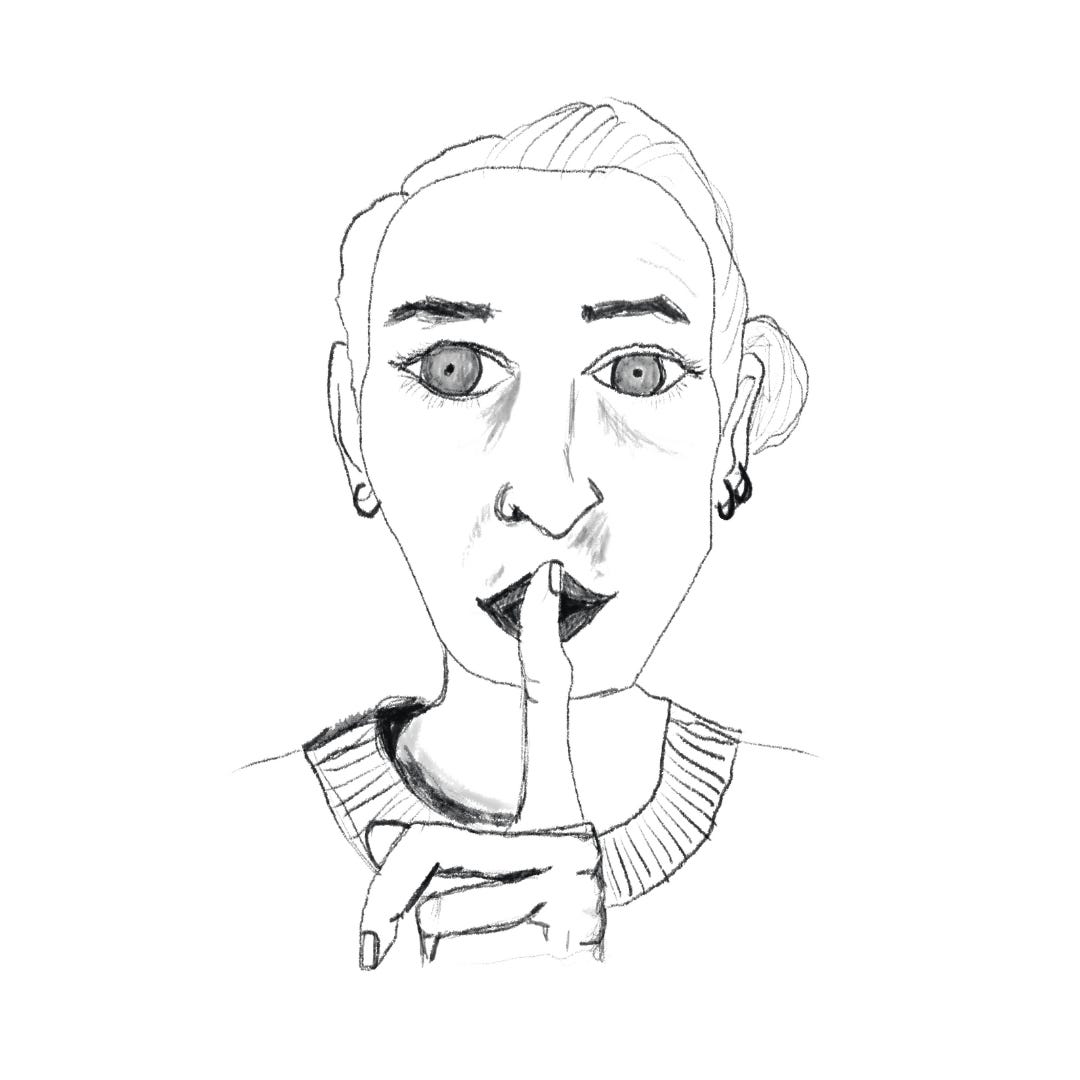
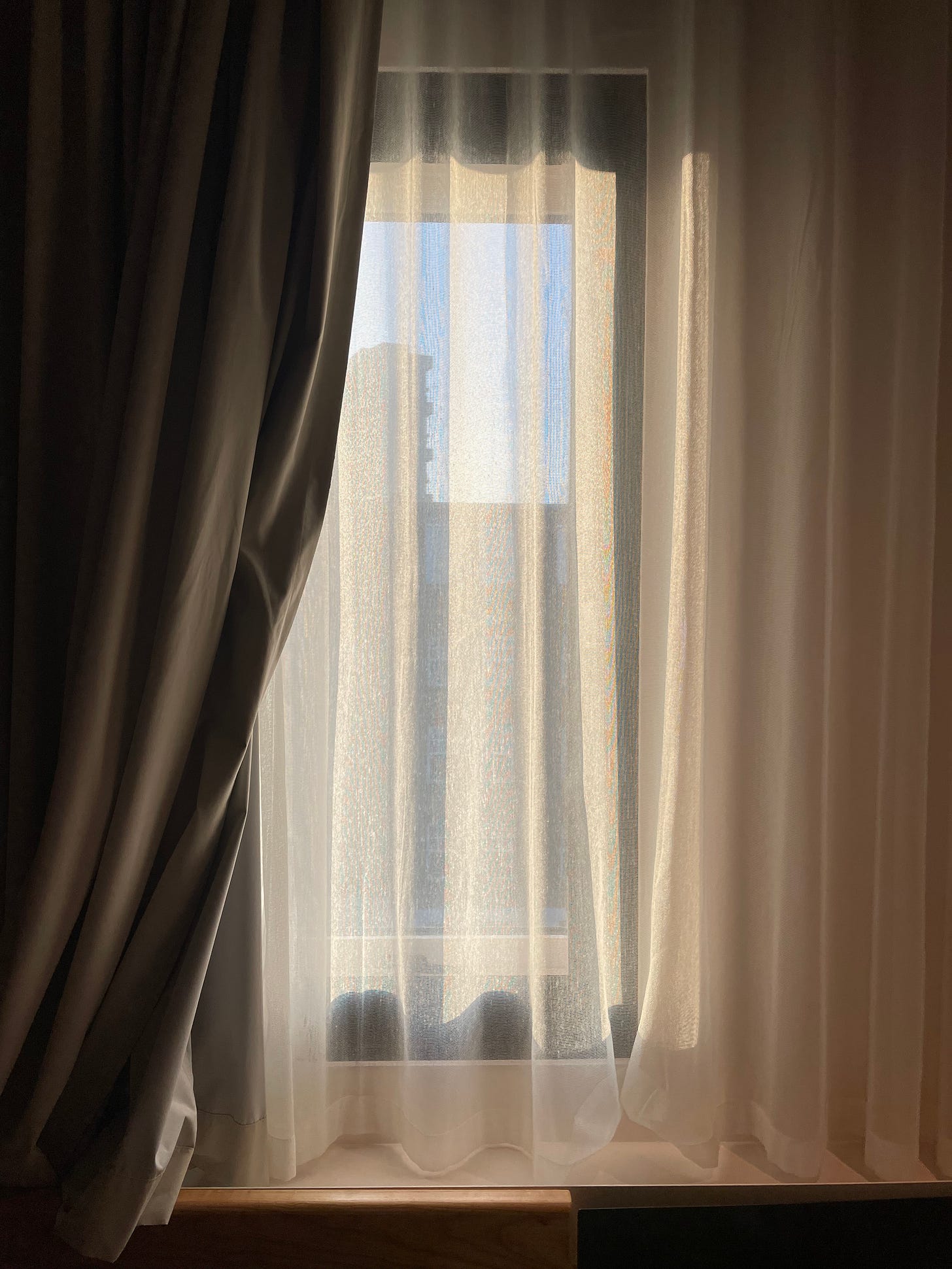
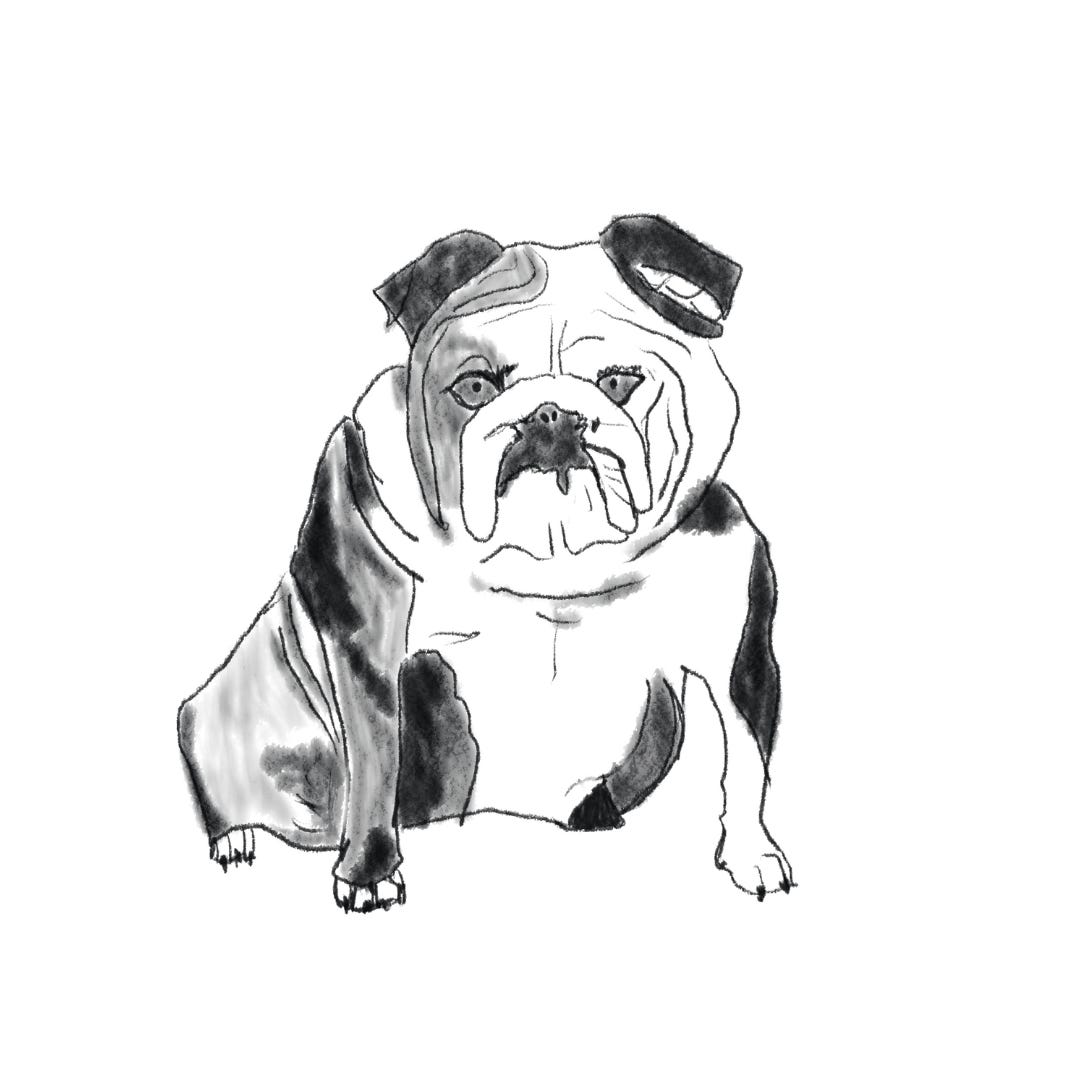
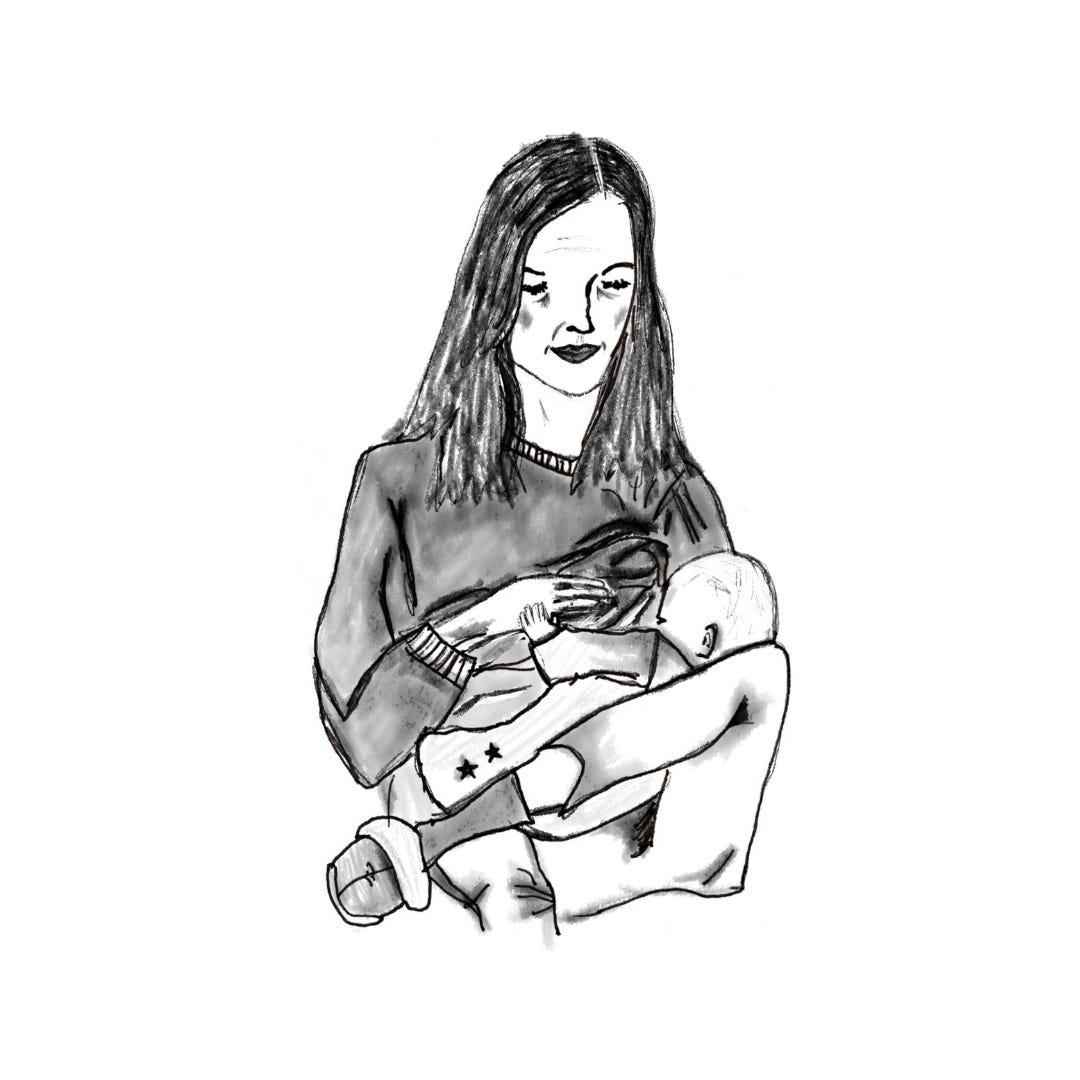
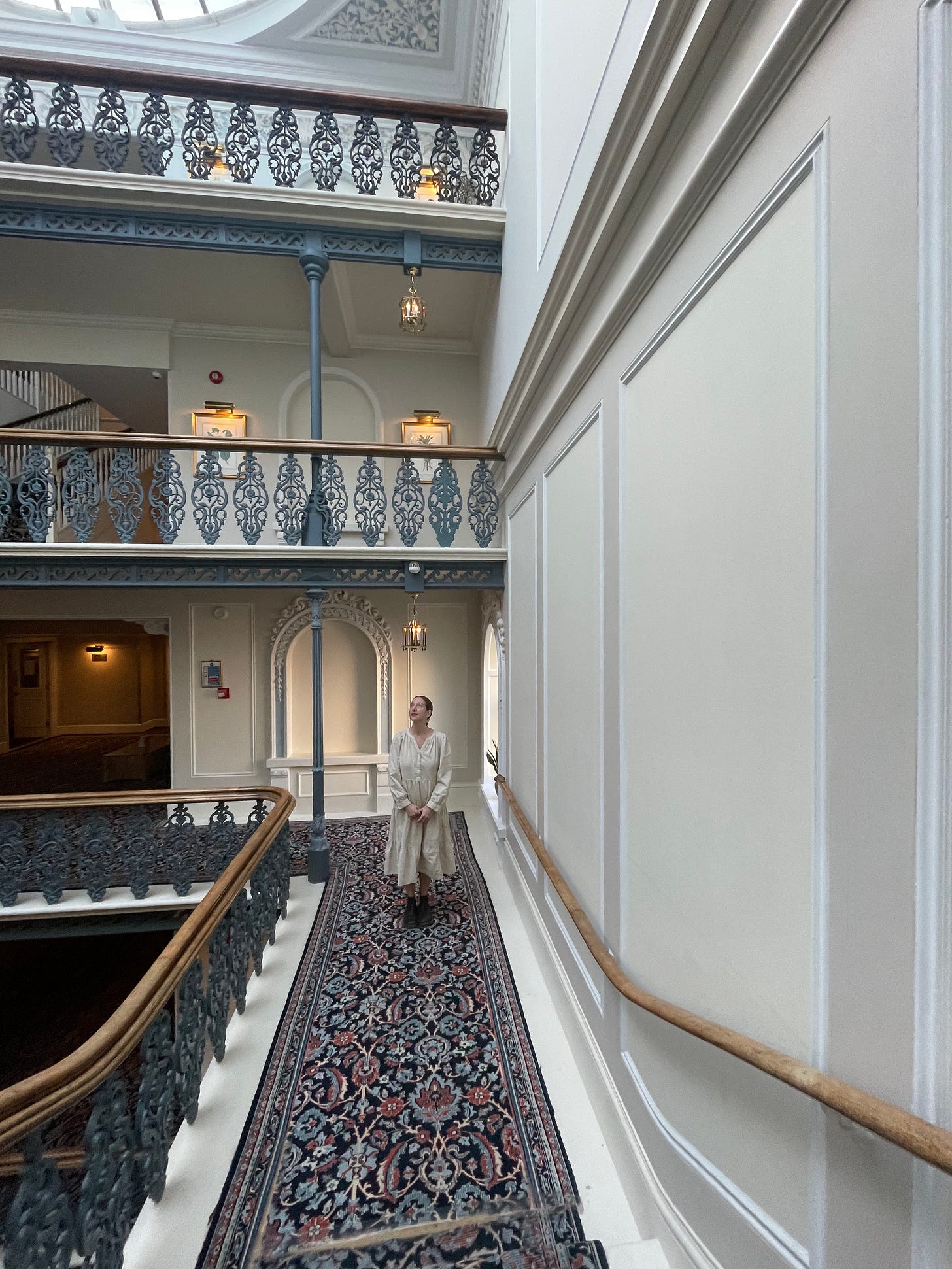
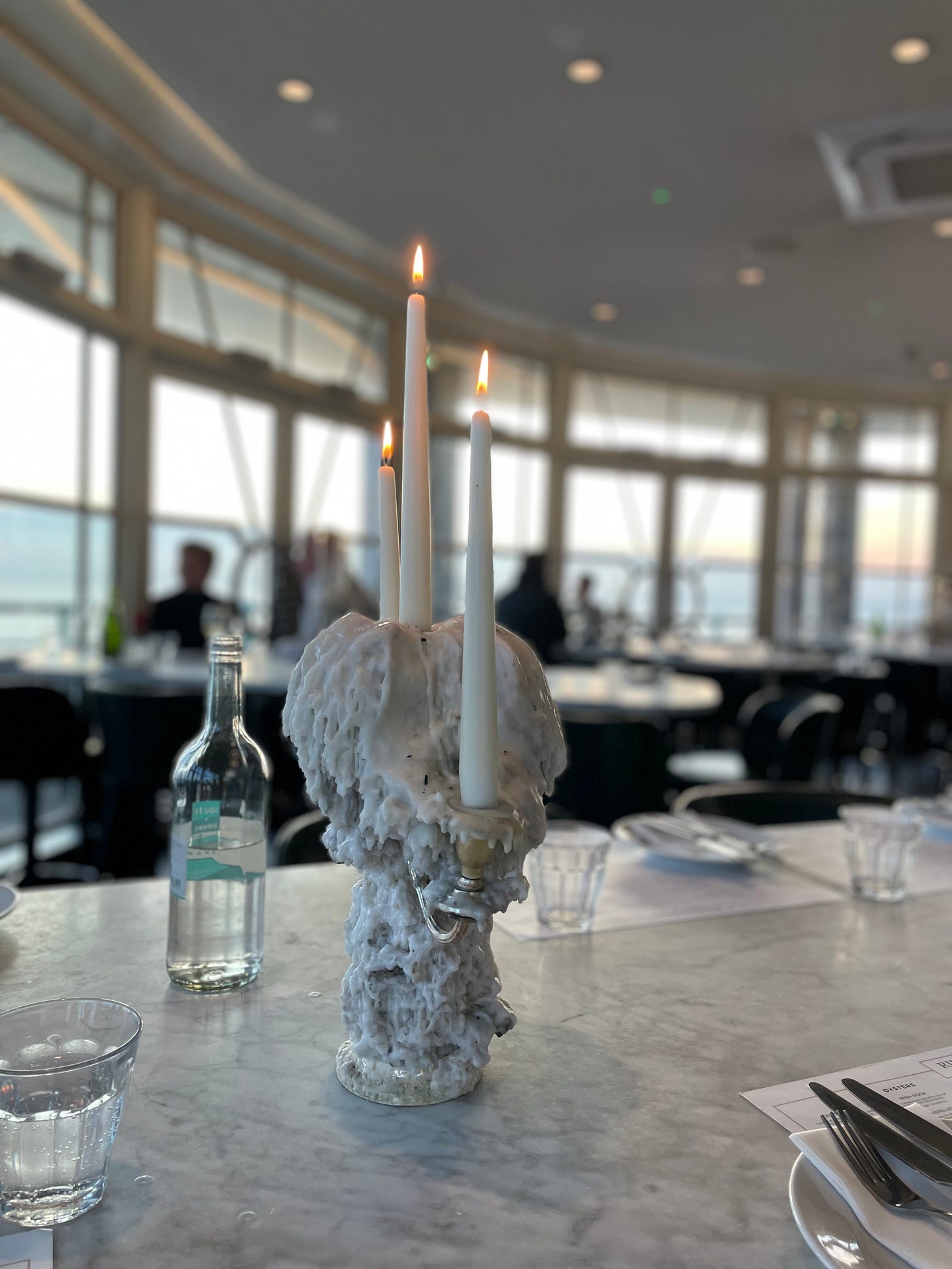
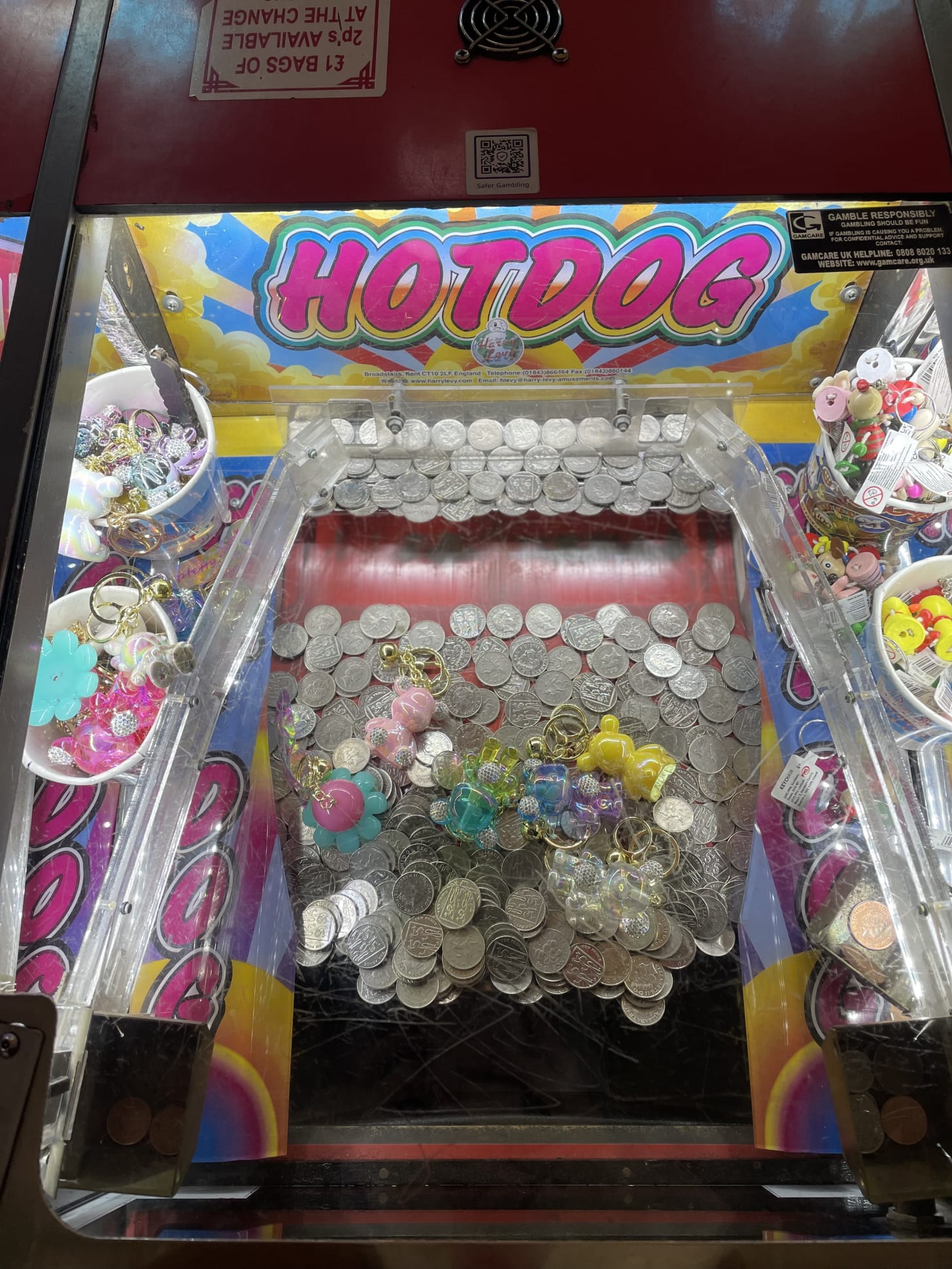
I still do this with my three children, individually - take trips with them and tell them "I have to write now." And they still raise their eyes to heaven and groan and then do their own thing for half an hour. And they are 44, 43 & 39.
So beautiful!